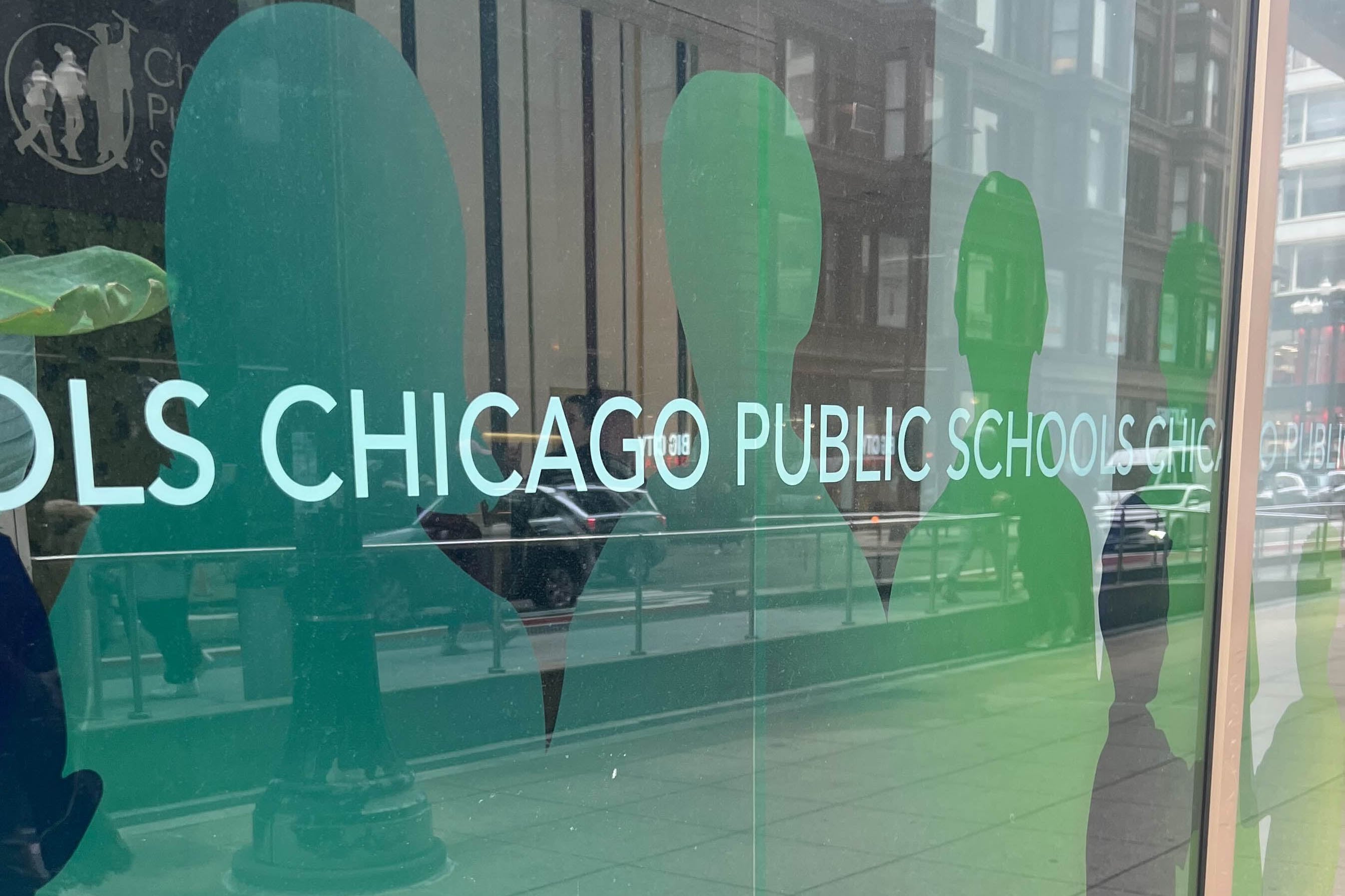The Chicago Board of Education moved one step closer Thursday to creating a new school safety policy that would rid campuses of school resource officers by the fall.
The board voted to open a 30-day period where the public can comment on the newly proposed Whole School Safety plan, which pushes schools to embrace alternatives to traditional disciplinary practices and teach students how to understand their emotions, known as social-emotional learning.
The board is expected to vote on the plan in July, after the public comment period is over.
Jadine Chou, chief safety and security officer for CPS, noted the proposed plan was created with feedback from a survey and the Whole School Safety Steering Committee, made up of community-based organizations that had advocated for a different approach to safety.
“It’s not just about locks on our doors or cameras,” Chou said. “It’s about how children feel when they enter the building, how welcome they feel and how emotionally well they are.”
The proposed policy change comes three months after the board voted to ban school resource officers, or SROs, who are trained and staffed by the Chicago Police Department. Currently, 39 schools have SROs while Local Schools Councils at 14 other schools voted to remove their officers.
That decision also called for CPS to create a new “holistic” safety policy that incorporated alternative discipline, such as restorative justice, which focuses on conflict resolution and getting to the root of why students act out.
In defending the change, the board’s February resolution said the rates of suspensions and calls to police are disproportionately higher for students with disabilities and Black students, compared to their Hispanic and white peers, and contended that adopting alternative disciplinary practices could help reduce those disparities.
Chou said Thursday that the previous board had committed to “a vision” to phase out SROs and to change safety guidelines in August 2020, following outcry in response to the murder of George Floyd by a Minneapolis police officer.
The board at the time also directed Local School Councils to vote on whether they wanted to keep SROs on campus. The board’s decision now to strip LSCs of that authority has drawn criticism from LSCs and elected officials, including state lawmakers who filed a bill that would allow LSCs to contract directly with the Chicago Police Department for campus officers. That bill is still moving through the legislature, but there’s limited time left for it to pass as the legislative session is set to end soon.
Nationally, research has shown that schools with police officers tend to have more student arrests, but it’s unclear whether that’s caused by the presence of police or if those schools have more challenges than others. And a recent study found that Chicago schools that adopted restorative justice practices saw a drop in student arrests.
Under the proposed safety plan, all schools would also be required to do the following by 2028:
- Create a Whole School Safety committee made up of parents, teachers, and students.
- Hire at least one security guard. Schools would get more guards based on a formula that considers multiple factors, such as the size of the school building, the number of students, and neighborhood crime.
- Create an emergency management plan that’s updated annually.
- Teach social-emotional learning.
- Implement restorative justice practices.
- Include training on “climate, trauma-responsive, and social and emotional learning” in professional development plans.
- Have behavioral health teams, which are supposed to help students who are in crisis, have experienced trauma, or are in need of mental health assistance. Most CPS schools – 460 – already have such teams, according to a district spokesperson.
- Keep all doors locked, except for bathrooms.
The district’s new school funding formula also promises every school a security guard and for high-need schools, a restorative justice coordinator.
Schools will be required to adhere to the new guidelines and create safety plans in phases. The schools that go first will be chosen based on how often they’re currently using exclusionary disciplinary practices, Chou said.
Multiple people from the steering committee spoke Thursday in favor of the policy.
So did Natasha Erskine, executive director of the nonprofit Raise Your Hand, who told board members the plan is overdue. Like some experts, Erskine said she has some concerns about exactly how the plan will be implemented and funded, and is eager to find out more about these specifics.
Chou said schools will be encouraged to build on things they’re already doing and hopes that implementing the guidelines over a number of years — as opposed to all at once — will help.
But overall, Erskine said, “Parents are optimistic about what’s listed in your policy.”
The public can provide comment on the policy on the district’s website. They can also attend four meetings next month, which will be posted online at www.cps.edu/wholeschoolsafety.
Mila Koumpilova contributed.
Reema Amin is a reporter covering Chicago Public Schools. Contact Reema at ramin@chalkbeat.org.





